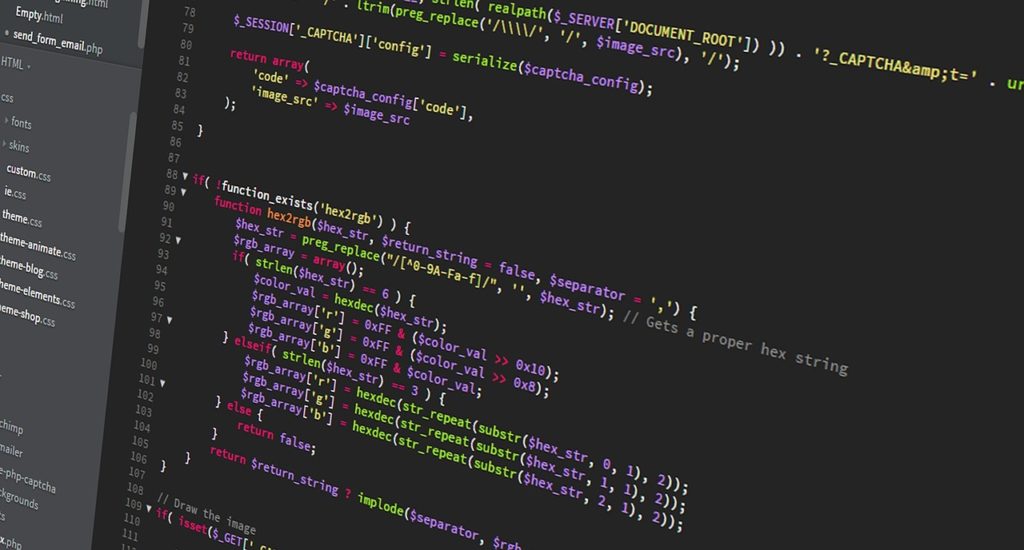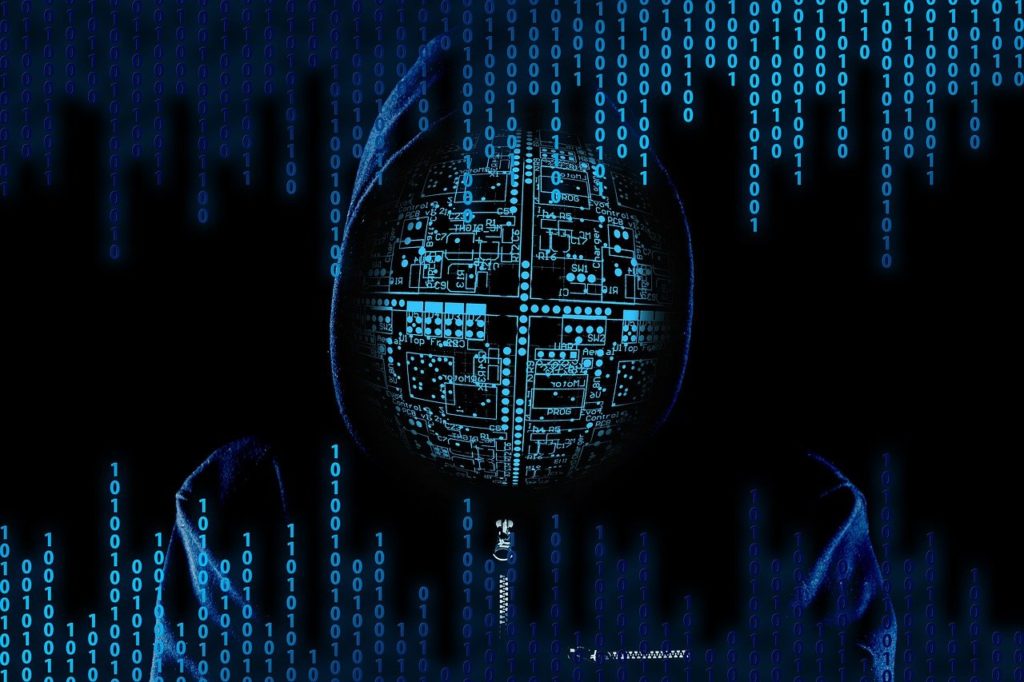The interactions between men in society are governed by laws and norms whose non-respect is punishable. For this purpose, legal documents are established and promulgated according to the target they aim at.
Contracts are a perfect example, which correspond to a written or unwritten agreement between two or more people and which creates an obligation. It involves two main parties, the debtors and the creditors. The concept has undergone adjustments over time to give more advanced versions such as the smart contract. What does a smart contract really mean? How does it work? Which advantages and disadvantages does it have? What are its applications? Get the answers to all these questions in the following.
What is a smart contract?
The earliest origins of the term “smart contract” can be traced back to 1994 in the writings of then cyberpunk legend Nick Szabo. A smart contract is a computer program that is irrevocable in nature and programmed to perform predefined instructions. The aim of this concept is to replace the legal guarantee of contracts by a computer code. Thus, the smart contract is an alternative to the classic paper contract. Indeed, all the steps whose validation contributes to the execution of the central project in the case of a smart contract are automatically recorded in the blockchain. This makes it possible to secure all the data to avoid possible inconveniences (deletion or modification).

How does a smart contract function?
In reality, the smart contract is essentially used to make the exchange of active crypto values automatic. To do this, the blockchain systematically receives all the accounting entries that relate to the said digital value exchanges. Therefore, all kinds of asset transfers are irrevocable, public and predictable. It should be noted that the blockchain is accessible to all regardless of the information required in connection with the evolution of smart contracts.
We note that smart contracts specify the conditions of execution of a contract between two or more parties. They integrate instructions in the contract, and, then functions that allow to apply instructions when the conditions are met.
Most smart contracts are standardized like traditional paper contracts and therefore use templates for their operation. The most requested of these templates is the ERC-20 which promotes the creation of digital assets such as cryptocurrencies on Ethereum.
What are the advantages of the smart contract?

The smart contract has a host of advantages, each of which relates to a specific area. First of all, it avoids potential disputes that could arise from misunderstandings in its execution. This is due to the total transparency on which the principle of this agreement is based. To this end, it automates the cause and effect relationships, reducing possible interpretations. In addition, this new contractual tool guarantees the overcoming of the moral hazards that are specific to computerized programs.
The smart contract also guarantees to preserve the terms of the contract so that they are not modified by any of the parties involved. We are talking about the immutability of the said contract thanks to the virtual machine of the blockchain.
Opting for a smart contract, ensures you save on intermediate costs related to arbitration, verification, execution, etc. But also in the administrative steps for the conclusion of the contract (lawyer and notary fees) as well as its follow-up.
One of the most appreciated advantages of this type of agreement is that it ensures an automation of the payment after the services. This allows to limit as much as possible the risks of non-payment which are common in the case of traditional contracts.

What are the limitations of a smart contract?

In spite of the numerous advantages of smart contracts, they have some limitations that are worth mentioning. At the top of the list is the risk of discovering a flaw that is inherent to any computerized system. This could be explained by the fact that the law code of such a contract is usually open source. If it is not robust enough, this code could present a flaw that would allow remote access. This malfunction can be exploited by hackers or cyber hackers who will be able to use it and cause unfortunate consequences for legitimate users. History records The DAO as the largest cyber-attack of its kind, which led to the disappearance of more than 150 million dollars in crypto (ethers).
From a functional point of view, the major risk is the lack of certainty in understanding the content of the contract. This can be caused by the sibylline, incomplete or clumsy character of the drafting of stipulations which is interpretable.
Indeed, the danger lies in the fact that the computer code knows no approximation and is programmed to recognize only yes and no. This requires a great capacity to predict future events.

From a legal point of view, although the legislation gives the written word the value conferred on it by the presumptions of its authors, the code is not the law. This paradox is explained by the fact that computer code does not meet the criteria of law, but rather those of fact.
Some examples of the application of smart contracts

Smart contracts are accepted on several blockchains relating to several areas of everyday life. The best known of these blockchains is Ethereum, which has a large number of applications configured using smart contracts. However, other protocols under development such as Cosmos, Cardano, Tezos, EOS, also promote programming using these contracts.
Moreover, the smart contracts available for the moment according to the sectors of activity are among others:
- Gnosis and Augur for predictive market platforms;
- FunFair, FCK, Playtown in gambling;
- My crypto heroes, Cryptokitties, Etheremon for Blockchain-based games;
- Ox, OmiseGo, MakerDAO or Moloch DAO for decentralized money exchanges;
- ec, Storj for decentralized cloud.
But also embryonic versions in fields like economy, insurance, medicine, etc.
